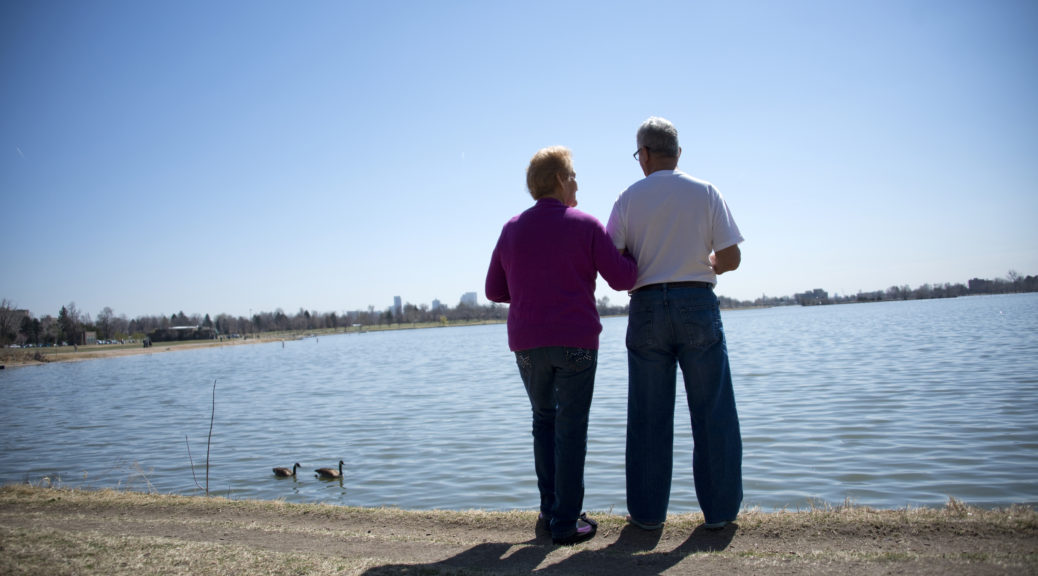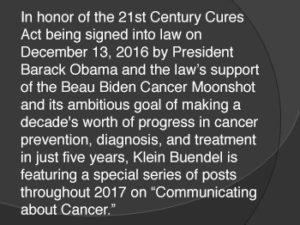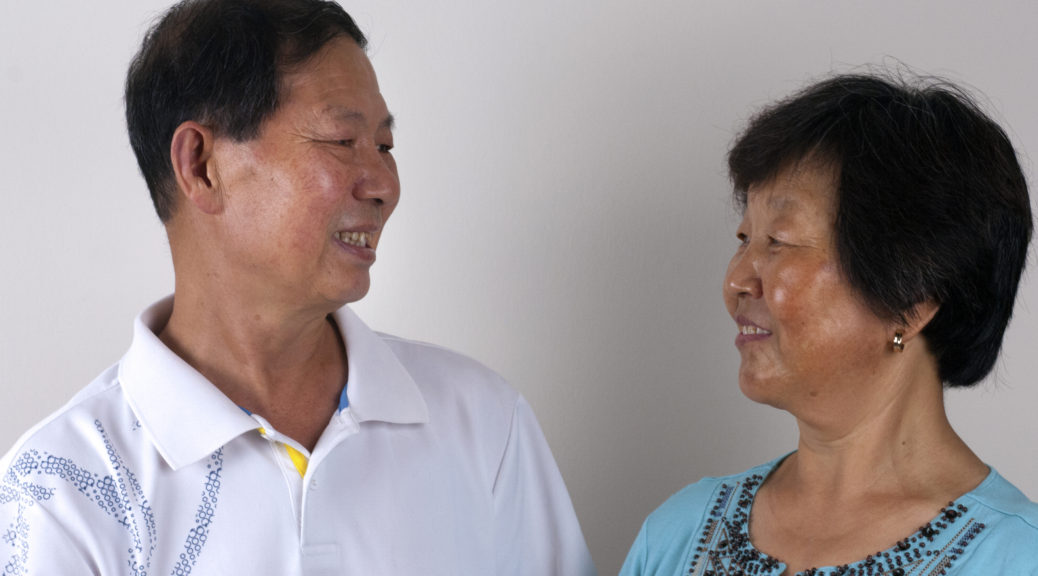Trust – Part 2 of 3
Strategies to Build and Repair Trust
Trust is essential for intimate relationships, but it doesn’t function alone. It is reciprocal. For trust to grow and thrive, all parties have to work at it. Conflicts often occur over trust-related issues or a belief that someone acted in a way that betrayed a person’s trust.
On a cancer journey, a patient might wonder if a particular person will be around when they are sick and need help. Can the person be relied upon to pick up their prescription from the pharmacy? Can he or she be trusted to be sensitive to the patient’s feelings? Will he or she consider and respect the patient’s needs and desires when discussing treatment options?
From a caregiver’s perspective, a caregiver may ask if the cancer patient will trust him or her to look out for their needs. Will the patient be honest and straightforward about how they are feeling? Will the patient be supportive or empathetic when the caregiver feels overwhelmed or needs a break?
Trust is usually built over time and through small actions that add up to a collective whole. Being dependable, honest, empathic, and having integrity are essential ingredients for trust to exist in a relationship. Self-sacrifice is also seen as a demonstration of commitment and trustworthiness.
If you want to establish a more trusting relationship with someone consider the following strategies: …


